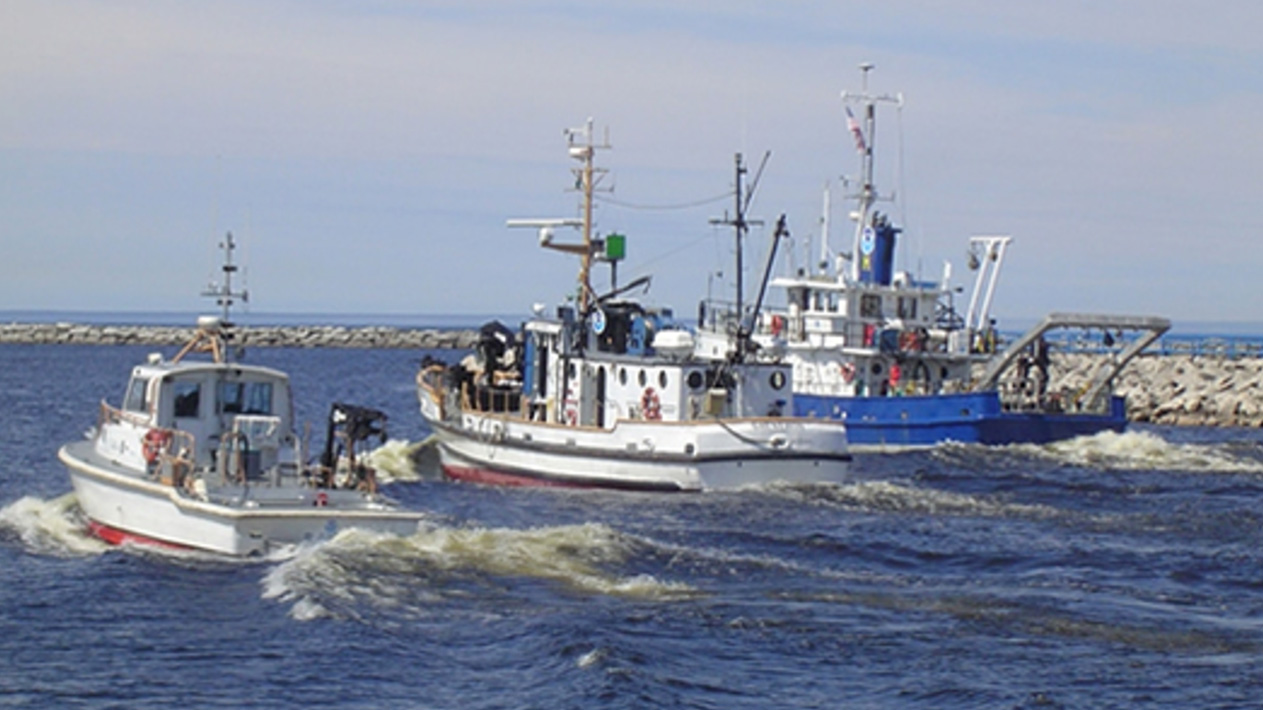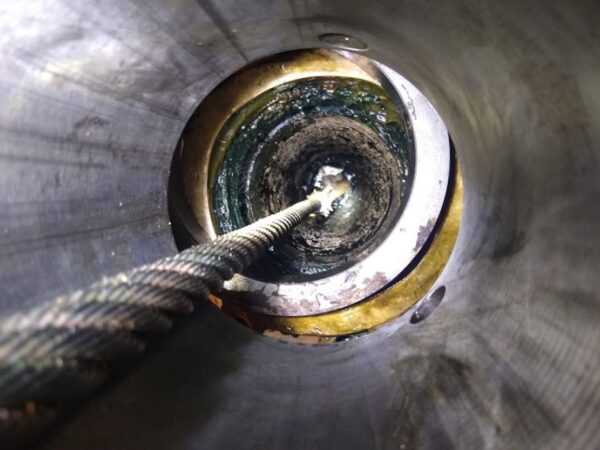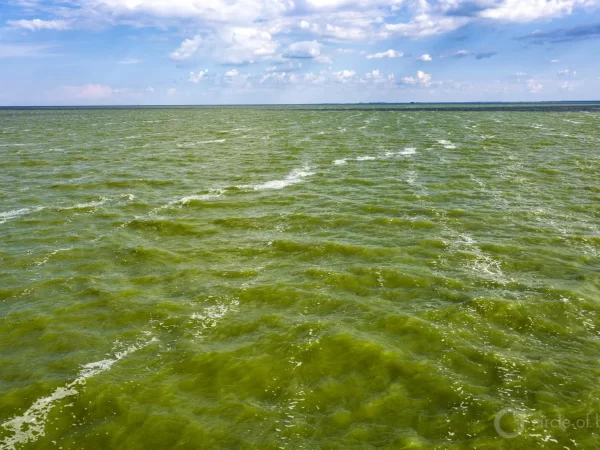
Scientific research of the Great Lakes was bolstered this week when the University of Michigan was awarded a $20 million federal grant to focus on sustainable management of the lakes.
The grant came from the National Oceanic and Atmospheric Administration and will fund the work of nine universities under the umbrella of the Cooperative Institute for Great Lakes Research.
The University of Michigan will host the institute which will also include nongovernmental organizations and private businesses.
“The Great Lakes are too vast, and the problems too complex, for any one university to tackle alone,” said professor Bradley Cardinale.
Cardinale is an ecologist at U-M’s School of Natural Resources and Environment.
“We are very fortunate to have an outstanding group of top universities, as well as NGOs and private businesses, partner with us in forming the cooperative institute,” he said.
Priority research areas will include weather and climate, harmful algae blooms and invasive species. In addition to natural sciences, the institute will also incorporate social sciences, engineering and landscape design into its work.
The Nature Conservancy is one of the institute’s partners. The conservancy’s Director of Conservation Patrick Doran tells Great Lakes Now, “We see our role to help bridge science with public interests,”
Central Michigan University is a member of the institute and professor Don Uzarski says, “The days of protecting data and information on scientific issues in fear of another scientist or institution staking a claim to it are long gone.”
Uzarski says, “These intuitions have come together and pitched in resources for the good of the Great Lakes basin.” Uzarski directs Central Michigan’s Institute for Great Lakes Research.
With so many partners in the mix, Great Lakes Now asked Professor Cardinale if that risked diluting the work of the institute?
“To the contrary,” Cardinale responded. “With so many partners working together to help NOAA, we can now tackle nearly any complex problem that people in the Great Lakes face.”
The NOAA grant comes on the heels of a failed attempt by the Trump administration to immediately slash Great Lakes funding by $50 million. Still to be resolved by September is the Trump proposal to eliminate all of the $300 million of federal Great Lakes money from the 2018 budget.
Michigan’s Cardinale told Great Lakes Now that if Trump’s proposed budget cuts are implemented “… our new institute would probably close in its first year.”




